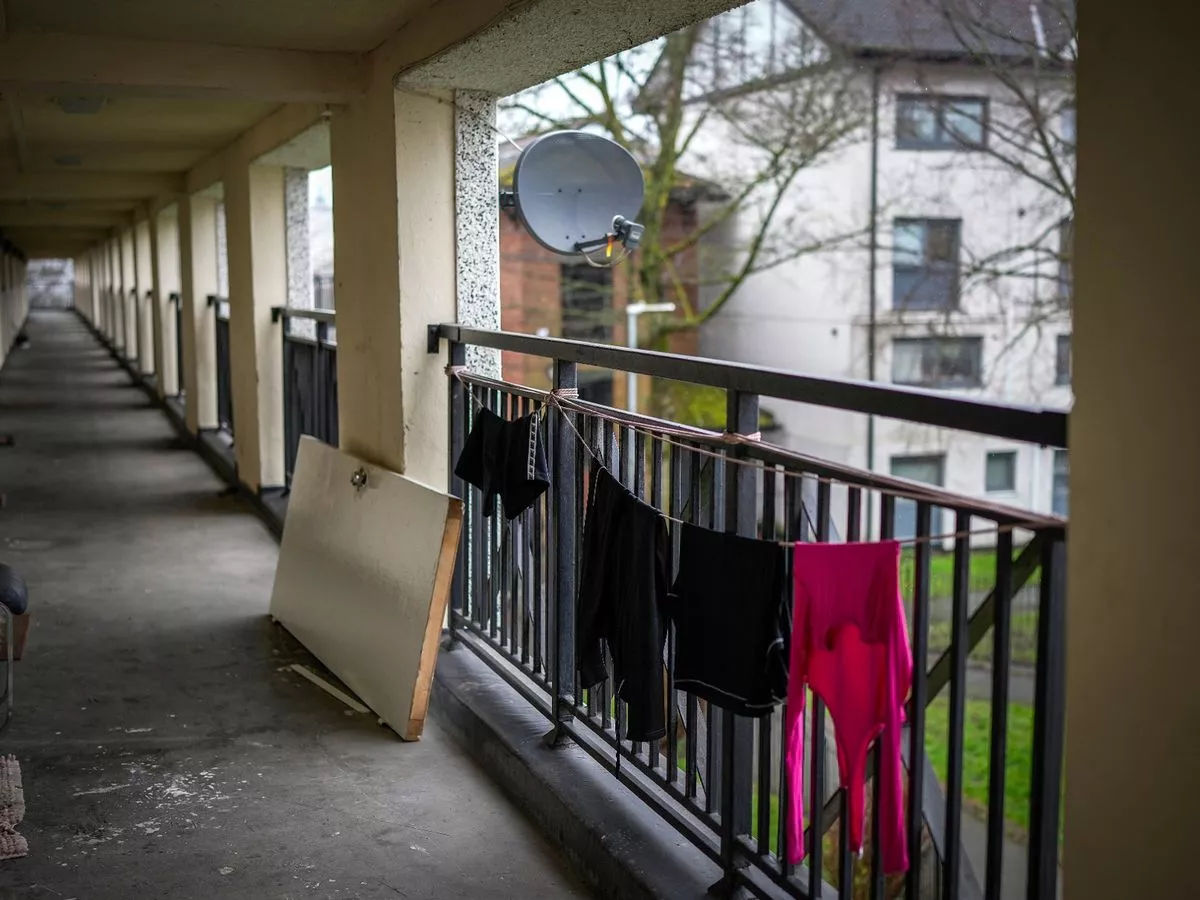Copyright manchestereveningnews

Social housing tenants across the country have been given a raft of new protections under Awaab's Law - which came into force today (Monday, October 27, 2025). It is named in memory of two year-old Awaab Ishak , who in died in December 2020, due to severe respiratory illness caused by prolonged exposure to mould in the one-bedroom housing association flat his family rented on Rochdale's Freehold estate. His family repeatedly reported the issue to their housing provider, but the problem persisted, ultimately leading to Awaab's death. The Manchester Evening News campaigned for the new law alongside Shelter, Change.org and Awaab's family in order to secure the toddler's legacy. Join the Manchester Evening News WhatsApp group HERE More than 177,000 M.E.N. readers, plus Greater Manchester MPs, supported our call for change to ensure no other family has to face the same tragic circumstances that Awaab's did. Now, social landlords - including councils and housing associations - will have to follow strict time limits to inspect and repair hazards such as damp and mould. If they fail to comply with the new rules, the landlords can be taken to court. The new law currently only applies to social housing and social landlords, such as councils and housing associations. However, the government says it will be extended to private landlords in the future. No time-frame for this has yet been set out. If you live in social housing in England, the law means that you can now: The law, which currently only applies to social housing, establishes strict and legally binding timeframes for social landlords, such as councils and housing associations, to act once they become aware of a potential hazard. What are described as 'emergency hazards', such as major leaks or exposed wiring, must be fixed within 24 hours. Reports about damp and mould must be investigated within 10 working days and must be made safe within five working days after inspection, the law states. Standard investigations can be carried out remotely. For example, if evidence such as photos or videos sufficiently establishes whether there is a significant or emergency hazard, it may be possible to complete the investigation without anyone visiting the property. However, under the regulations, tenants can specifically request an in-person investigation which the landlord must then carry out. Tenants are expected to cooperate with landlords to arrange suitable times for access, according to the government's guidance, but landlords should take 'all reasonable steps' to gain access, including multiple contact attempts and considering tenant needs. Tenants must be told the findings within three working days after the inspection. Landlords are obliged to consider tenants' individual circumstances, for example if there are young children or people with health conditions or disabilities living there, and act faster where needed. If a home can't be made safe in time , alternative accommodation must be offered. Awaab's Law sets out clear avenues for social housing tenants to take legal action if their landlord is not complying with the rules. Tenants are encouraged to complain to the landlord first before contacting the Housing Ombudsman or the Social Housing Regulator. If a case does reach the court and the landlord is found to be in breach of the regulations, the court can order them to do the repairs. The court could also order the landlord to pay compensation to the tenant and/or pay some or all of the tenant's legal costs. Awaab’s Law does not provide for fines to be imposed on landlords, but the court can award the tenant damages as compensation for loss suffered. According to the guidance, court action should be a last resort and the court may ask for evidence that alternative means of resolving the dispute have been considered. Support and guidance on your rights is available through the government’s Make Things Right campaign. As well as giving tenants grounds to take a social landlord to court, Awaab's Law also sets out other expectations on both parties. The guidance states that it is 'unacceptable' for social landlords to assume the cause of a hazard is due to the tenant's 'lifestyle'. It comes after the inquest into Awaab's death revealed that his housing association had made such assumptions about his family. Landlords should not make assumptions and fail to take action or investigate a hazard on this basis, according to the guidance which states that it is 'unavoidable' that everyday tasks such as cooking, washing and drying laundry will contribute to indoor moisture. The guidance also stipulates that landlords must consider the individual circumstances and vulnerabilities of the tenant, such as their age, health conditions or disabilities, when assessing the risk of harm from a hazard. However, tenants will still have certain responsibilities, with any damage caused by a breach of contract by the tenant not falling within the scope of Awaab's Law. As well as expanding the law to cover private landlords at an unspecified point in the future, the government says that more protections will be added for social tenants in 2026 and 2027. These will cover 'things like fire risks, cold, heat and hygiene hazards.' they say.



